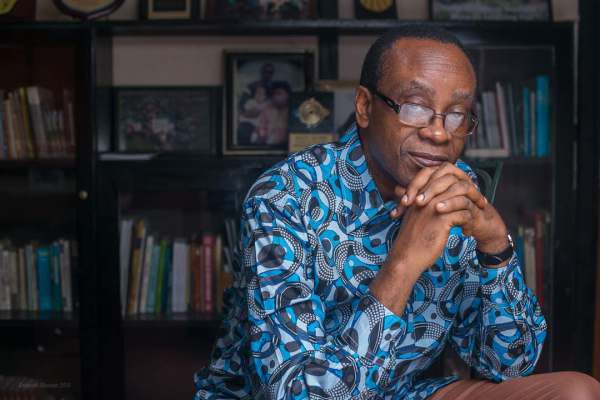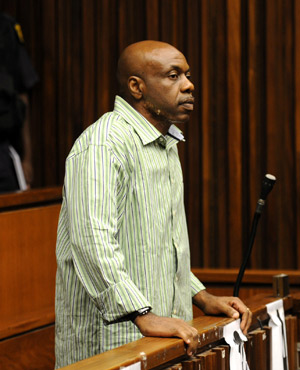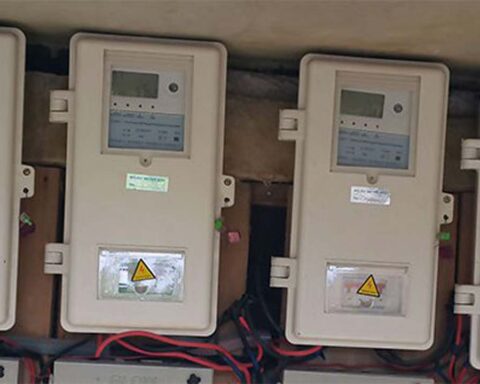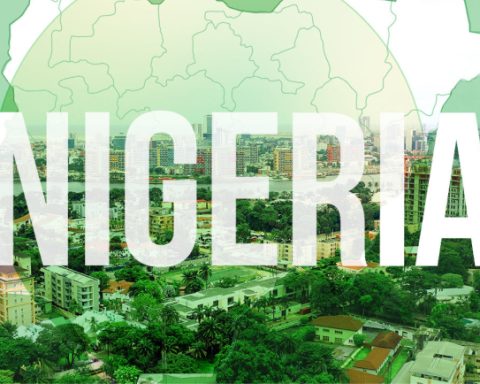The Niger Delta is a privatised zone for the simple reason that the international oil companies have since appropriated it as a wasteland suited only for dumping toxic wastes, oil spills, gas flares, and produced water. The privatisation of the region began in 1956 when the first commercially viable oil well was drilled and has continued unabated. The privatisation has been so obnoxious because since the creeks, streams, rivers and swamps became waste dumps, they have been fit for no other purpose than to serve the private needs of the polluting corporations.
READ ALSO: Reclaiming Nigeria’s Food Heritage: Beyond The GMO Propaganda
Join our WhatsApp ChannelThe UNEP report (August 2011) on the assessment of the Ogoni environment and the Bayelsa State Oil and Environment Commission (BSOEC) report (May 2023) attest to the fact that the region has been wholly grabbed.
The total dispossession of our peoples of their environment, disconnection from their roots and despoliation of what is left is worse than slavery and colonialism. Indeed the nearest label that can be placed on the situation may be environmental racism. Colonialism could plunder and mete inhuman treatment to its subjects, but environmental racism normalizes the treatment of both the people and their environment as non-living, subhuman and fit for nothing but to be trashed.
Kwame Nkrumah wrote spoke of exploitation without redress in his book titled Neo-Colonialism, the Last Stage of Imperialism (1965):
“Neo-colonialism is also the worst form of imperialism. For those who practise it, it means power without responsibility and for those who suffer from it, it means exploitation without redress. In the days of old-fashioned colonialism, the imperial power had at least to explain and justify at home the actions it was taking abroad. In the colony those who served the ruling imperial power could at least look to its protection against any violent move by their opponents. With neo-colonialism neither is the case.”
This gives an apt explanation of why the Niger Delta has become a sacrificed zone with ostensible acts of defense actually turning to acts of indignities and degradation. It is clear that we cannot escape or reverse the perverse situation unless we reboot our imaginaries, recreate our mindsets and reconnect ourselves to our environmental and sociocultural milieu. We need to rediscover our indigenous sovereignty as the core plank in the struggle for political as well as for socioecological liberation. Frantz Fanon in Black Skin, White Masks (1952) touched on this when he declared, “Imperialism leaves behind germs of rot which we must clinically detect and remove from our land but from our minds as well.”
It is hard to find anywhere else in the world that has been so insidiously trampled underfoot than the Niger Delta and other hotspots of mineral extraction in Nigeria and also in Africa generally. In this regard we note that the tin mines of Jos have been sacrificed abandoned. The same can be said of the coal mines of Enugu and other rising zones of plunder ruled by bandits and so-called unknown gunmen. Indeed, neocolonialism would probably not have progressed the way it has without the compromise of our elites in all spheres of human endeavour. These traitors gladly take the place of slave drivers and colonial masters and ensure the privatization of our commons and our commonwealth through devious legislation and through pure elite capture of the socioeconomic systems.
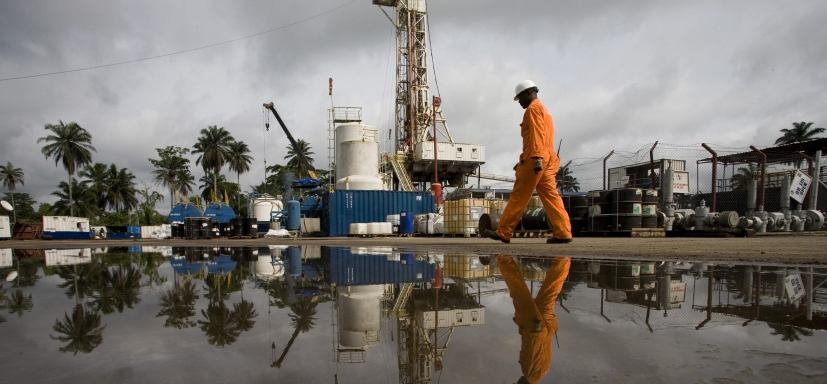
The BSOEC report titled An Environmental Genocide tells of Bayelsa State as having a per capita hydrocarbon pollution of 1.5 barrels. Pause to think of that.
Between 2006 and 2020, Bayelsa State had 3,508 oil spill incidents or 25% of all oil spills in the Niger Delta according the data from the National Oil Spill Detection and Response Agency (NOSDRA). It suffers an average of 234 oil spills per year. Figures from NOSDRA are notoriously unreliable as it under reports even in comparison to reports from NNPC.
One bizarre example of a sacrificed zone is the Awoye community of Ondo State which has Ororo1well at Oil Mining Lease (OML) 95 in its immediate offshore. That oil well blew up in a fiery inferno in May 2020 and has been burning and spilling till date. In other words, Ororo 1 oil well has been burning and spilling crude oil for 4 years non-stop with nothing being done to halt the crime. The ongoing sacrifice has impoverished the people in the coastal communities by decimating their livelihoods — farming and fishing.
Zones of sacrifice are dotted all over our continent with all having roots in extractivism incubated by colonialism. Here we can mention the gold mines of Ghana and South Africa; the diamond, cobalt and lithium mines of Democratic Republic of Congo; the diamond mines of Liberia and Sierra Leone; the oil fields of the Albertine Graben in Uganda, Okavango basin in Namibia and Botswana, the Saloum Delta of Senegal, the Sudd in South Sudan; the coal mines of South Africa; the gas fields of Cabo Delgado in Mozambique; the phosphate fields of Togo and Western Sahara, to mention a few.
When our territories are sacrificed, it is not just that our land is debased, we are the ones being sacrificed. This becomes clearer to us when we realize that, for a fact, rather than being owners of the land we are actually the land. To liberate ourselves from this exploitative cul de sac, we must know that environmental action is an investment, not a cost. Every action we take today towards ending the sacrifice of our territories is an investment towards reinventingan environment that does not eat us up.
Our hope is that at the end of this SoE session we will resolve to halt the spread of sacrifice zones, and that we will also know how to make that happen.And that we will take those steps.
Welcome Words by Nnimmo Bassey at School of Ecology on Recovering Oil Sacrifice Zones byHOMEF @ Niger Delta University, Amasoma on 2nd August 2024


